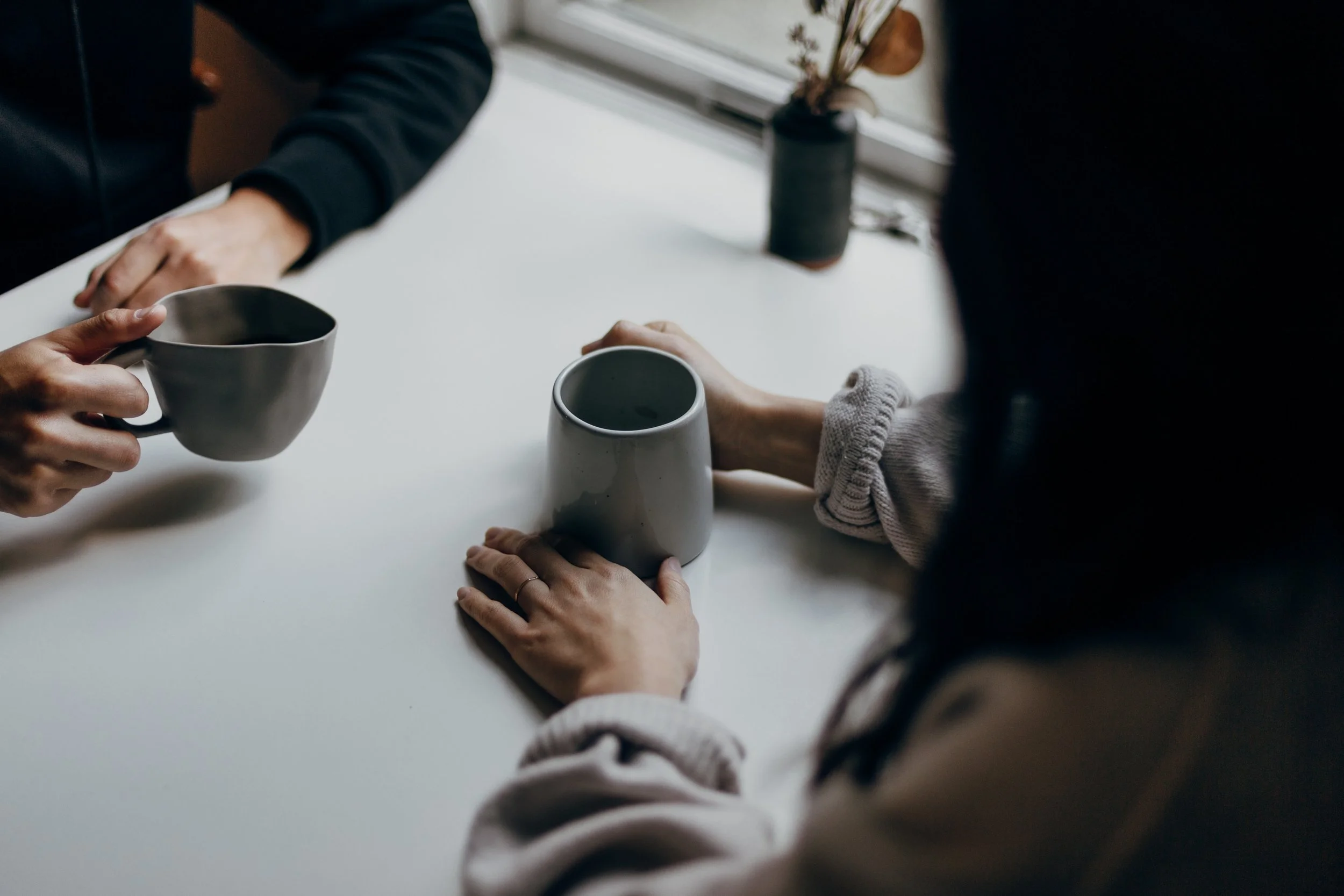The Importance of Listening
Do you think you are a good listener? What is a good listener? I used to think I was quite good at listening, I knew about body language, eye contact, reflecting back and summarising. Yet what a lot I still have to learn! What is really going on when I listen to another?
I have attended several listening trainings with Tessabella Lovemore, and my eyes and ears have been gradually more opened as I have awakened to the possibility that developing an ability to really listen to another, is one of the greatest gifts of love we can offer each other.
Last week I gave the first part of this same listening training to a group of staff in a school, a group open to discovering and examining our human capacities of communication based on our listening skills. How grateful I was to witness the power of this willingness and interest to engage in practice and discover more about the other and oneself.
As teachers and parents, we want our children to listen to us and follow our instructions. And we do, at our core, want to listen to our children better to understand them. We want to understand our partners, our colleagues, our family members, our close friends, for our own benefit and for more harmony, but communication is complicated and often blocked: we often end up, all of us, feeling misunderstood and frustrated. At times it can feel unbearable to listen to certain people and we become stressed and even angry. Now we cannot even hear more than a few words before we assume and know “where it is going”.
You may have memories from childhood being told “to be quiet and listen”, or “listen and do as you are told” or even that “children should be seen and not heard”, we are often spoken to as children and must listen to follow the instructions or even in the extreme to speak only when spoken to. Our parents thought, “why do my children never listen to me, I tell them a hundred times and they ignore me or forget what I tell them” Likewise we may have thought as children, my parents never really listen to me, they don’t understand me.
Then we find a partner, or an interesting friend, a new companion and for a while we are entranced, and we seem to listen to them in awe and they do the same for us. And then, things change. This person seems to be repeating themselves, or they seem to be trying to control us, we think they are secretly manipulating us into their way of thinking, or they just become not at all interesting! Our beliefs and fears around listening are triggered and our sense of connection is lost.
What does it mean to develop our listening skills, to develop our capacity to truly listen to the other, without our own stories or agendas?
How truly magical and what a gift.
Yet so importantly, this is not to be confused with the idea that listening is about being ‘good’ or obedient. It is not about agreeing or disagreeing, liking or disliking, rescuing or interpreting solutions for the other. It is not about doing as we are told. Real listening is about setting the other free to hear their own story, to find their own unique solutions, to experience someone being very present and open, to have a non judgemental witness as you talk, for the speaker to hear themselves speak, to be seen, to be heard, to feel a connection with another who is not trying to fix, correct, blame, or impose their own opinions. This is very rare today in our world, as we are all so distracted: as we multi-task, we feel our anxieties and have unconscious fears. Yet to have someone really listen is something we all so long for.
Would you like to join a listening practice and discover some truly impactful ways to improve connections and a sense of joy and peacefulness in all areas of your life? Yes, this really has the potential to change your life and the lives of those with whom you live and love. Being able to listen authentically in freedom, can free you and the other in ways you can’t yet imagine!
Look out for announcements for the next Listening Training to begin here or email your interest to admin@wellsprings.edu.hk



